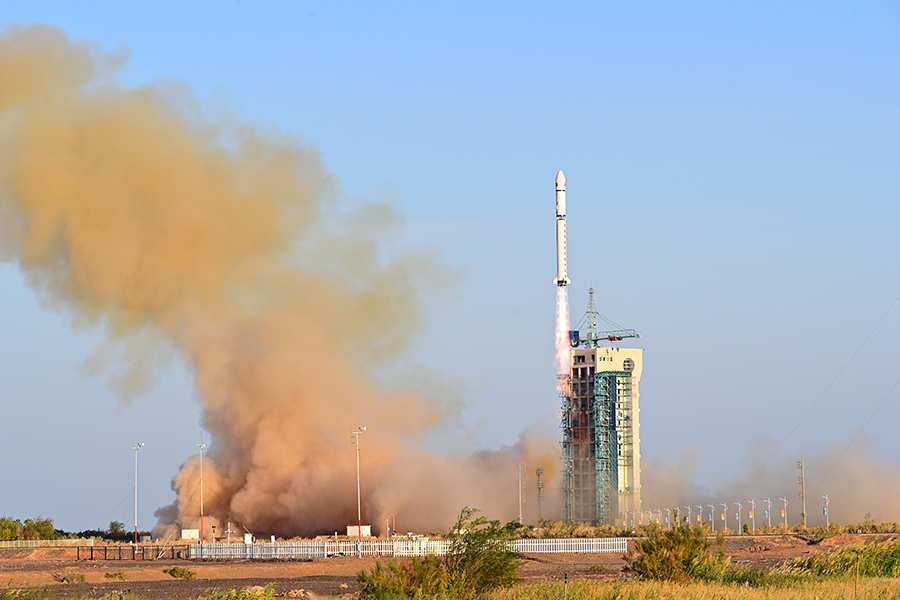China launches the nation's first reusable satellite


China launched the nation's first reusable satellite on Friday afternoon, according to the China National Space Administration.
The administration said in a news release that the Shijian 19 satellite was placed into its preset orbit by a Long March 2D carrier rocket that lifted off at 6:30 pm from the Jiuquan Satellite Launch Center in northwestern China.
Developed by the China Academy of Space Technology, the satellite is tasked with servicing space-based mutation breeding programs and carrying out flight tests for the research of domestically developed materials and electronic components.
Its service will facilitate studies in microgravity physics and life science as well as the research and improvement of plant seeds, according to the administration.

Moreover, the Shijian 19 is carrying science payloads from five nations including Thailand and Pakistan, the administration noted.
China launched its first recoverable satellite in 1975, becoming the third nation, after the United States and former Soviet Union. The country has lifted nearly 30 such spacecraft since then. These satellites enabled Chinese scientists to carry out hundreds of space-based tests and experiments.
However, all of them could not be reused, which means they would retire as soon as their payloads were taken out.
The microgravity inside spacecraft has proved to be beneficial to many scientific experiments and recoverable satellites are the most suitable platform for such experiments.

The research and development of new materials, electronic components and biomedicines have been benefited a lot through space-based experiments on those satellites.
The launch of Shijian 19 indicates that China is now able to make its recoverable satellites reusable, and that will tremendously reduce cost and improve efficiency.
Chinese space enterprises, especially rocket makers, have been racing against each other to build reusable space vehicles.
So far, State-owned contractors and private companies have developed multiple types of reusable rockets and have conducted flight tests of these models.


















